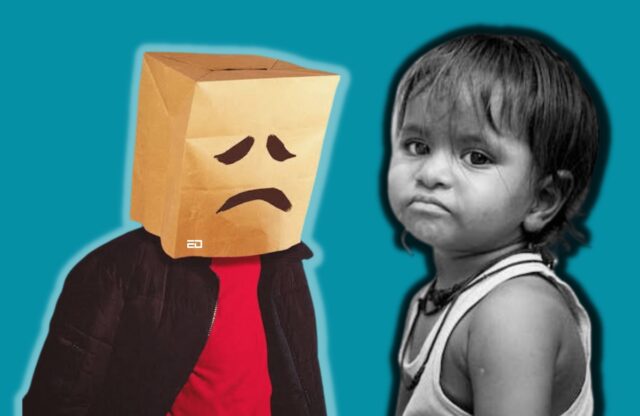Often we encounter people who have an irrational fear of enjoying the moment. Instead of basking at the moment, they wait for a worse consequence to balance out the warmth of that feeling.
This is a condition of cherophobia, which means “fear of rejoicing.” Various experts accept and recognize cherophobia as an anxiety disorder. A recent study shows this disorder can be linked to an unhappy childhood.
What Was The Study Based On?
Carrie Barron, a psychiatrist, had written, in 2016, that the fear of positive emotion can be normal for someone who has had happiness and punishment linked in their childhood. She wrote, “If you are pleasure averse, it may be because somewhere along the way, wrath, punishment, humiliation, or theft… killed your joy. Now you are afraid to feel it because the bubble burst/brutality is coming.”
The new study, published in Motivation and Emotion, backs up the hypothesis of Barron with statistics. Mohsen Joshanloo, from the department of psychology at Keimyung University in South Korea, has authored the study.
The Swaddle reports that this survey of more than 850 individuals from countries across the world, including India, Vietnam, France, the U.S., and the U.K., found that an unhappy childhood, among other things, was often a predictor of cherophobia in adulthood.
What Is The Pleasure- Pain Link?
Unhappy childhood experiences can lead to the development of the pleasure-pain link, where one starts believing that pleasure is mostly followed by pain. Even when people form new social bonds, they are petrified that their joys would eventually turn into sorrows, and they’ll be helpless spectators.
Also Read: Are Millenials Falling Prey To Trauma Bonding?
This evidence establishes the theory that traumatic experiences in one’s childhood may affect their attitude toward happiness which is independent of the satisfaction felt in adult relationships.
Jo Eckler, a clinical psychologist, explains, “[There is] an underlying belief that the good event will probably be followed by something bad, perhaps, because, in your past, bad things that have happened to you often transpired when you were doing well, or things were relatively calm.”

What Are The Other Factors?
The present study confirms that there are other factors linked to cherophobia, namely- depression, loneliness, and perfection. The fear of rejoicing can also be a consequence of superstitions, where one starts believing that joy cannot be constant and stable, and to maintain karmic balance, good fortune, is always followed by misfortune.
Barron notes that this subject is barely discussed, as it is never expressed verbally, and people may not be conscious of it.
According to Barron, cherophobia can present in the form of physical symptoms, which makes it easier to recognize. “[I]t may manifest via a visceral feeling or by conjuring up a conflict with a loved one. Jitters, the sudden need to escape, unnameable anxiety, a stomachache, a headache, [or] an argument might immediately follow a happy event.”
“Don’t worry, be happy” might be a motivating phrase for many, but for a cherophobic, it might not help. “One must go to the root of the problem,” Barron suggests. Feeling moments of happiness as a harbinger of tragedy is tragic on many levels. Hence, the most important solution is to visit a therapist.
Image Credits: Google Images
Feature image designed by Saudamini Seth
Sources: The Swaddle, Springer Link, Psychology Today
Find the blogger: Katyayani Joshi
This post is tagged under: childhood, trauma, childhood trauma, pleasure, pain, pleasure-pain link, psychologist, study, depression, anxiety, therapist, loneliness, perfection, good fortune, misfortune, pain, happiness, tragedy, sorrow, superstitions
Disclaimer: We do not hold any right, or copyright over any of the images used, these have been taken from Google. In case of credits or removal, the owner may kindly mail us.



































